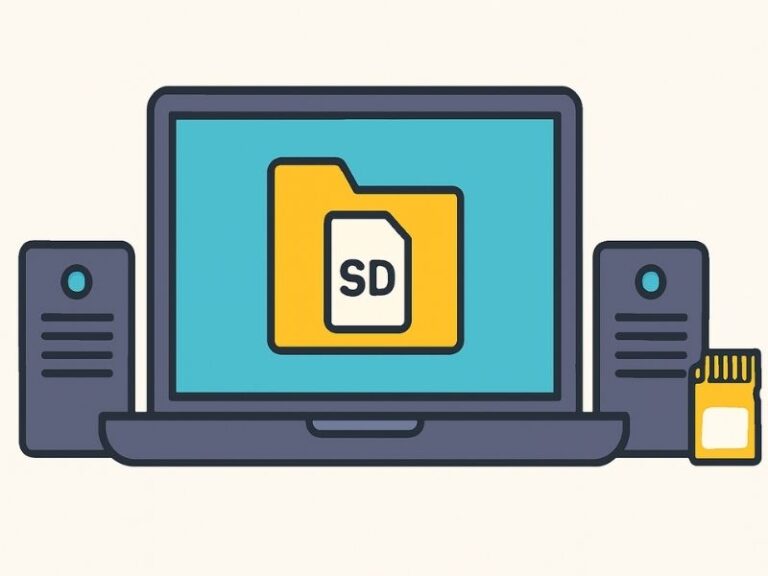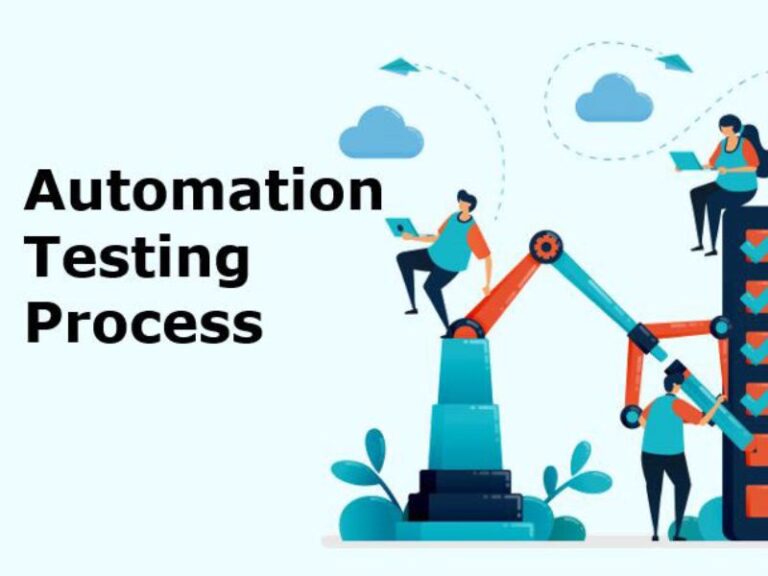
Ever thought of ditching the 9-to-5 office grind and diving headfirst into a life where your laptop is your office, and your coworkers are scattered across the globe? Welcome to the world of remote data analysis—a career path that mixes number crunching, storytelling, and the freedom to work in your PJs. But hey, don’t mistake this for a walk in the digital park. Becoming a successful remote data analyst takes more than just Excel skills and a decent Wi-Fi connection. Buckle up—let’s explore the roadmap together.
Breaking into the Digital Frontier as a Remote Data Analyst
So, what’s the big deal about becoming a Remote Data Analyst? It’s not just a trend—it’s a full-blown revolution in the way we work. In this new digital world, companies crave insights, not cubicles. And that means if you’ve got the skills to turn raw data into gold, you’re already halfway there. This role blends detective work with tech know-how. It’s Sherlock Holmes meets Silicon Valley.
What Does a Remote Data Analyst Actually Do?
Picture this: you’re handed a messy spreadsheet filled with seemingly useless numbers. To most people, it’s gibberish. But you? You see patterns, outliers, and trends. Your job is to transform data into stories that make sense. You provide insights that help businesses make smart decisions, and you do it all without setting foot in an office. Cool, right?
Key Responsibilities
- Cleaning and organizing raw data
- Using tools like SQL, Python, and R to analyze datasets
- Creating dashboards and visual reports
- Collaborating with remote teams across time zones
- Presenting findings in a way that even non-tech folks get it
Essential Skills You Need Under Your Belt
If you think being a remote data analyst is all about spreadsheets, think again. Sure, Excel is your loyal sidekick, but you’ll need a full-blown toolkit.
Technical Must-Haves
| Skill | Why It Matters |
|---|---|
| SQL | For querying and manipulating databases |
| Python or R | For advanced data analysis and automation |
| Excel | Still the king for quick analysis and pivot tables |
| Data Visualization | To create dashboards with tools like Tableau or Power BI |
| Communication | Because your insights are useless if you can’t explain them |
Soft Skills That Make You Shine Remotely
Working from home doesn’t mean working alone. In fact, soft skills matter more when you’re not physically present. You’ll need to be a self-starter, an effective communicator, and a time-management ninja. Oh, and flexibility? That’s your best friend when your teammates are waking up while you’re winding down.
Top 5 Soft Skills for Remote Success
- Self-discipline: No one’s watching, but the work still needs to get done.
- Communication: Clear writing and speaking keep things moving.
- Problem-solving: You’ll run into tech glitches and data puzzles alike.
- Time management: Deadlines don’t care what timezone you’re in.
- Teamwork: Yes, even from your kitchen table.
Building Your Remote-Ready Resume
Your resume is your golden ticket. Tailor it to scream “remote-ready.” Showcase remote work experiences, communication skills, and tools you’ve mastered. Sprinkle in metrics to prove your value. Did your insights increase sales by 20%? Brag about it!
Resume Pro Tips
- Use bullet points to highlight achievements
- Mention remote tools like Slack, Zoom, Trello
- Include links to portfolios or GitHub profiles
- Customize your summary for each job
Where to Learn the Magic
No degree? No problem. The internet is your classroom. From online bootcamps to YouTube rabbit holes, there’s a wealth of knowledge out there. Choose courses that offer hands-on projects—you’ll need real-world practice to stand out.
Top Learning Platforms
- Coursera
- edX
- DataCamp
- Udemy
- LinkedIn Learning
Freelancing vs. Full-Time: What’s Your Flavor?
Some analysts love the hustle of freelancing—setting their own hours, choosing projects, and being their own boss. Others prefer the stability of full-time remote roles. There’s no one-size-fits-all here. Test both waters and see what fits your lifestyle and income goals.
Comparison Table
| Aspect | Freelance | Full-Time |
|---|---|---|
| Flexibility | High | Moderate |
| Income Stability | Varies | Stable |
| Benefits | None | Health, PTO, etc. |
| Client Variety | High | Low to Medium |
Where to Find Remote Data Analyst Jobs
You’ve got the skills—now where’s the job? You’ll want to hit up platforms that cater specifically to remote gigs. Think beyond just LinkedIn.
Job Boards to Bookmark
- We Work Remotely
- Remote OK
- AngelList (for startups)
- FlexJobs
- Indeed (set filters to remote)
Crafting a Portfolio That Wows
Resumes talk. Portfolios shout. Show potential employers what you can do with case studies, data visualizations, and Jupyter notebooks. A great portfolio is like a personal museum of your brain power.
What to Include
- 3–5 detailed project case studies
- Visual dashboards
- Code samples
- Clear explanations of your process
Mastering Remote Tools
Welcome to your digital toolbox. Knowing how to use remote collaboration tools isn’t just helpful—it’s expected. From Zoom marathons to shared Google Sheets, this is your new office space.
Must-Have Tools
- Slack – for team chats
- Zoom – for meetings
- Notion – for documentation
- JIRA – for tracking tasks
- GitHub – for code collaboration
Staying Motivated (Even When the Couch Looks Comfy)
Remote life has perks, but let’s be honest—it also has distractions. Netflix, chores, social media…you name it. Staying motivated means setting boundaries, creating a routine, and sometimes tricking yourself into working (hello, Pomodoro timer).
Productivity Hacks
- Designate a workspace—even if it’s the corner of your room
- Use time-blocking methods
- Track your tasks daily
- Celebrate small wins
Networking from Afar
You don’t have to attend boring conferences to network. Online communities, Twitter, and LinkedIn are goldmines for connecting with fellow analysts. Join data Slack groups, share your work, and comment on posts. Relationships = opportunities.
Networking Tips
- Be active on LinkedIn—don’t just lurk
- Attend virtual meetups
- Join data-related forums and Discords
- Message professionals with thoughtful questions
Staying Ahead in the Data Game
Tech changes fast. To avoid becoming a data dinosaur, keep learning. Follow blogs, listen to podcasts, and take refresher courses. Trends like AI, machine learning, and big data are evolving—so should you.
Top Resources
- Data Elixir newsletter
- SuperDataScience Podcast
- Kaggle for challenges
- Medium articles on data topics
The Remote Lifestyle: Is It Really for You?
Let’s get real. Remote work isn’t for everyone. It’s quiet, it’s self-driven, and sometimes it’s lonely. But if you love flexibility, hate commuting, and crave deep focus time, it might be your dream setup. Try it before you commit—maybe freelance first to see if it fits.
Pros and Cons Snapshot
| Pros | Cons |
|---|---|
| No commute | Can feel isolating |
| Work from anywhere | Time management is tough |
| Flexible schedule | Less face-to-face support |
Conclusion:
Becoming a Remote Data Analyst is more than a job move—it’s a lifestyle upgrade. It’s about freedom, flexibility, and the thrill of finding meaning in the mess of numbers. Sure, it’s not a cakewalk, but with the right tools, mindset, and hustle, it’s absolutely doable. So if you’re ready to blend data skills with digital nomad dreams, there’s a place for you in this wild new world of remote work. Go chase it.






